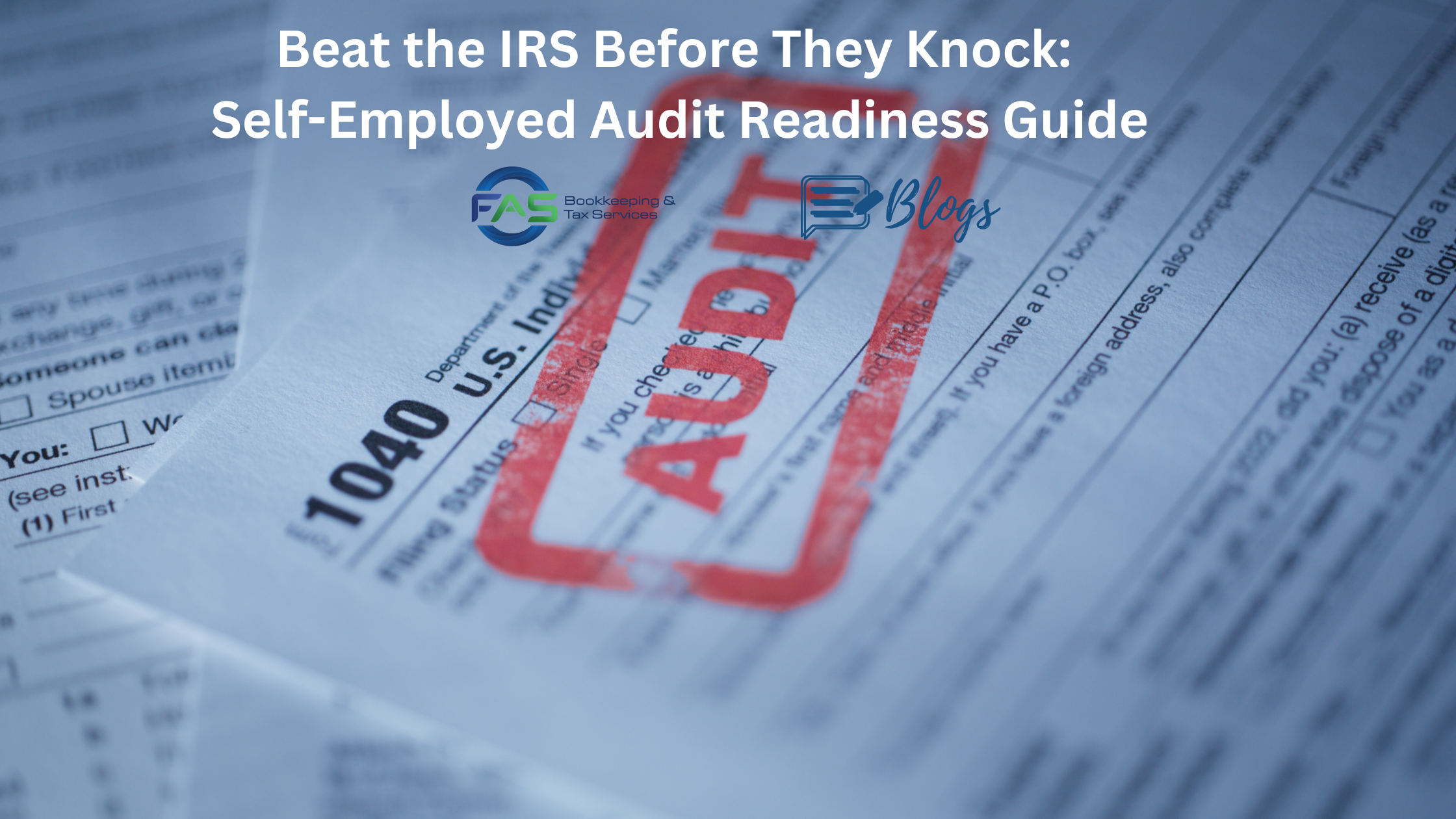Tax Implications to Be Aware of After a Job Loss
Despite the generally robust job market, some people are still losing their jobs. If you’re laid off or terminated from employment, taxes are probably the last thing on your mind. However, you may face tax implications due to your changed personal and professional circumstances. Depending on your situation, these can be complex and require you to make decisions that may affect your tax picture, both this year and in the future.
Unemployment and Severance Pay
Unemployment compensation is taxable for federal tax purposes, as are payments for any accumulated vacation or sick time. Although severance pay is also taxable and subject to federal income tax withholding, some elements of a severance package may be specially treated. For example:
- If you sell stock acquired by way of an incentive stock option, part or all of your gain may be taxed at lower long-term capital gains rates rather than at ordinary income tax rates, depending on whether you meet a special dual holding period.
- If you received (or will receive) what’s commonly referred to as a “golden parachute payment,” you may be subject to an excise tax equal to 20% of the portion of the payment that’s treated as an “excess parachute payment” under complex rules. In addition, the excess parachute payment also is subject to ordinary income tax.
- The value of job placement assistance you receive from your former employer usually is tax-free. However, the assistance is taxable if you had a choice between receiving cash or outplacement help.
Health Insurance
Under the COBRA rules, employers that offer group health coverage typically must provide continuation coverage to most terminated employees and their families. While the cost of COBRA coverage may be expensive, the cost of any premium you pay for insurance that covers medical care is a medical expense, which is deductible if you itemize deductions and to the extent that your total medical expenses exceed 7.5 percent of your adjusted gross income.
If your ex-employer pays for some of your medical coverage for a period of time following termination, you won’t be taxed on the value of this benefit.
Retirement Plans
Employees whose employment is terminated may also need tax planning help to determine the best option for amounts they’ve accumulated in retirement plans sponsored by their former employers. For most employees, a tax-free rollover to an IRA is the best move, if the terms of the plan allow a pre-retirement payout.
If the distribution from the retirement plan includes employer securities in a lump sum, the distribution is taxed under the lump-sum rules except that “net unrealized appreciation” in the value of the stock isn’t taxed until the securities are sold or otherwise disposed of in a later transaction.
If you’re under the age of 59½ and must make withdrawals from your company plan or IRA to supplement your income, there may be an additional 10% penalty tax (on top of an ordinary income tax due), unless you qualify for an exception.
Further, any loans you’ve taken out from your employer’s retirement plan, such as a 401(k)-plan loan, may be required to be repaid immediately, or within a specified period. If such a loan isn’t repaid, it may be treated as if the loan is in default. If the balance of the loan isn’t repaid within the required period, it typically will be treated as a taxable deemed distribution.
Next Steps
While taxes aren’t the most critical concern after a job loss, they are still important to consider. Contact the office for help charting the best tax course for you during this transition period. The advice and experience of a tax and accounting professional are invaluable. Do not be shy about calling the office.
© 2023




